


Gifu University of Medical Sciences (GUMS) provides top-class technical education in the
medical field in Japan, while at the same time offering students ample opportunities to
develop into well-rounded individuals who can contribute and play an active role in the
ever-changing medical technology.
GUMS was established in 2006 and was formerly known as Gifu College of Medical
Technology (GCMT, established in 1983). It is a medical general university, offering
4-year courses in Medical Technology, Radiology and Nursing, as well as a 6-year
Pharmacy course. In addition, it has a 2-year Graduate School of Health and Medicine and
a 1-year Graduate Course of Midwifery. It is committed to producing highly trained and
competent medical technicians and supporting the further development of the medical
community.

Considering the rapid and complex advances in medical science, and addressing aging population and declining birth rates from the clinical field, effective cooperation among medical specialists has become more important. This graduate school focuses on developing leadership and administrative skills alongside the educational capabilities and high practical skill required in advanced clinical fields.
・ Medical Technologist
・ Radiological Technologist
・ Registered Nurse
・ Public Health Nurse
・ Pharmacist
・ Midwife (Graduate Course of Midwifery)
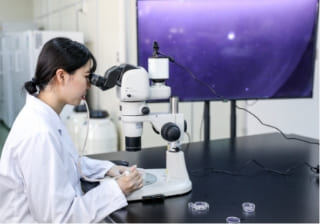
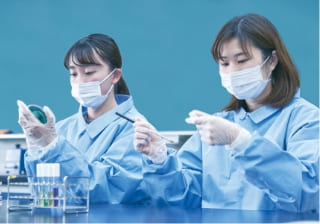
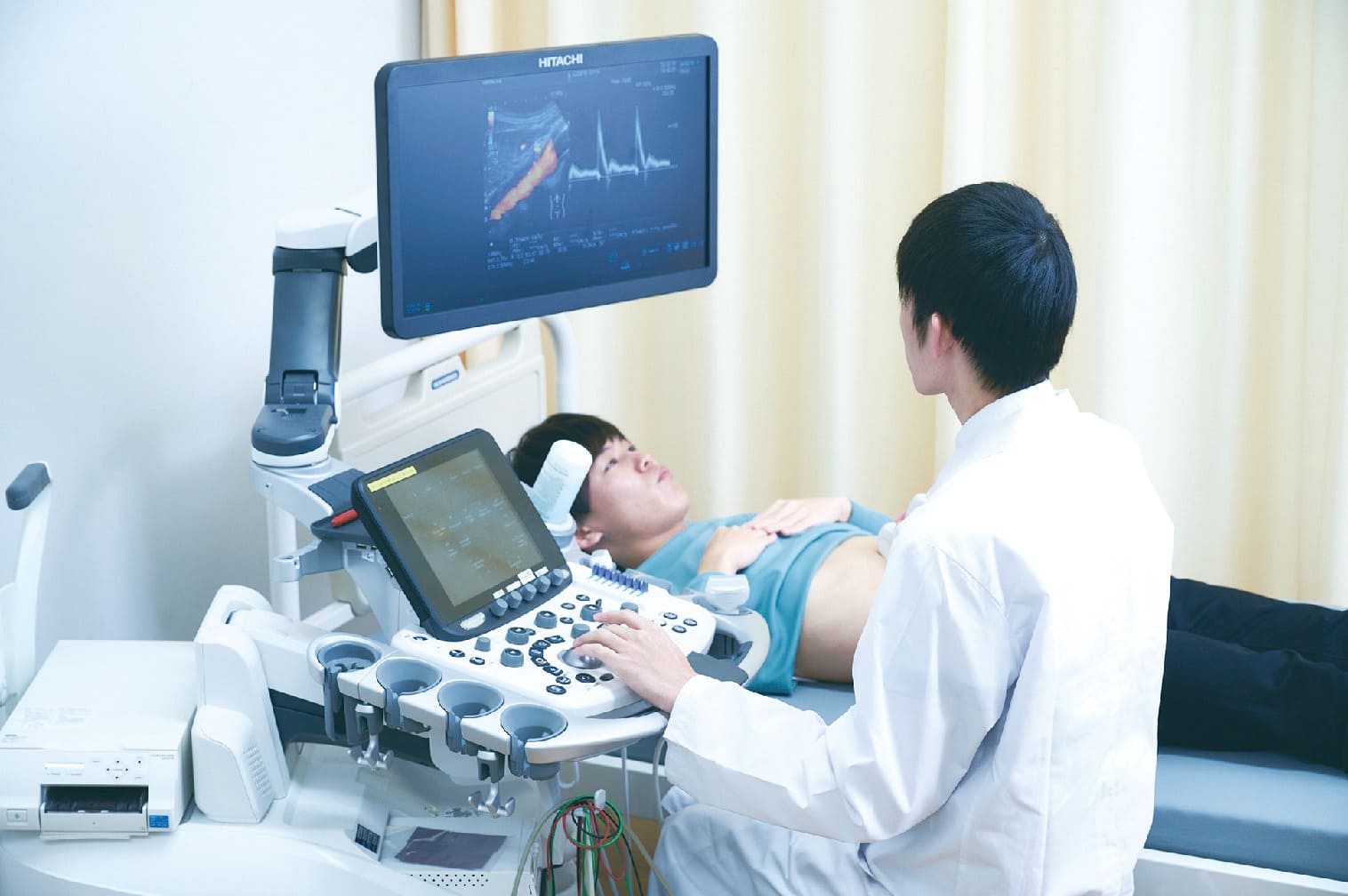
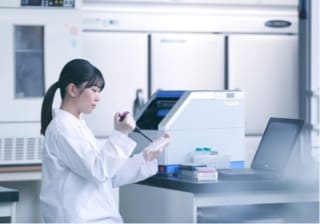
Medical technologists perform a wide range of medical examinations to contribute to the diagnosis, treatment, and prevention of diseases. Their work includes clinical tests such as blood tests, urinalysis, microbiological tests and histological tests. They also cover genetic tests blood transfusion/transplant and physiological tests. Our program prepares students to be highly skilled candidates for licensed medical technologists and also provides a foundation for graduate study in medical sciences.
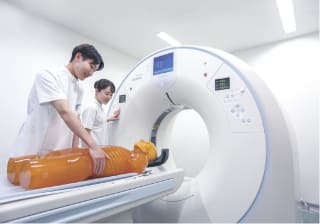
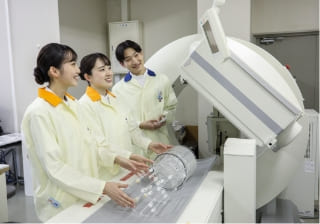
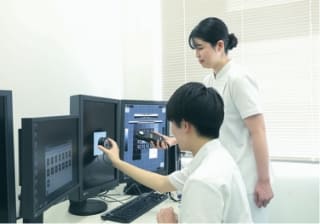
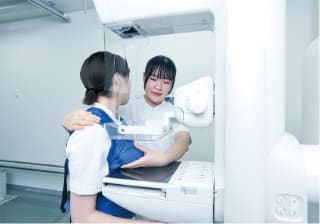
Radiologic technologists are professionals who operate medical imaging equipment such as X-rays, CT scans, MRIs, and mammograms for the diagnosis and treatment of diseases. They require knowledge and skills in physical sciences, radiometry, radiation protection, imaging anatomy, image processing, and data analysis. The department incorporates practical training to learn and practice the skills needed for their future careers.
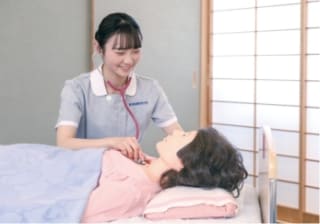
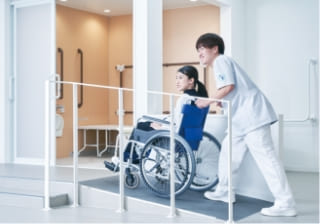
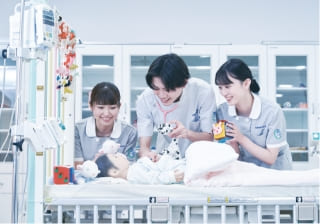
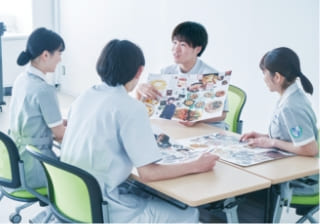
Nurses assume key roles in 'team approach to health care' due to their close interaction with patients. A public health nurse is a practitioner in the medical field who provides preventive medical services to local residents. This course enables students to practice at the highest level of the profession, providing accurate, independent diagnosis and effective team approach to health care.
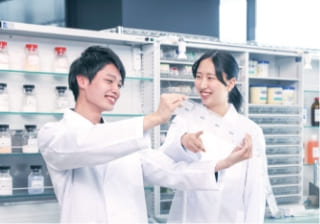

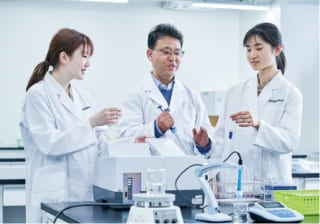
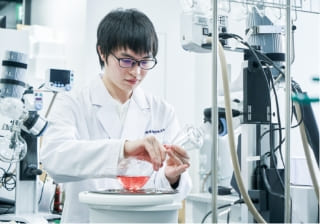
The Department of Pharmacy aims to bring up the future pharmacist who possess specialized knowledge of pharmacy, high moral compass, communicative competence and an international sense, which will enable them to work as professional pharmacists who can contribute to the advancement of medical care collaboratively in collaboration with people from different fields. The Department also aims to bring up a pharmacist who can contribute community medicine.
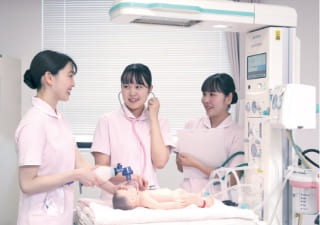
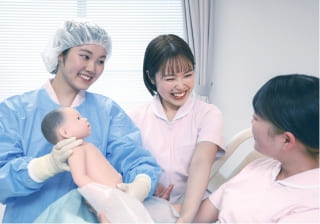

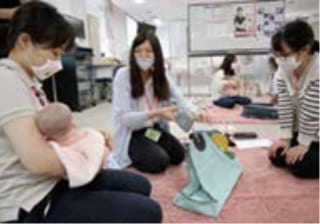
This course aims to train humane and sincere midwives. Midwives require knowledge and skills to respond to changes in the social environment of mothers and children, the sophistication of obstetric care, and the diversity of midwifery care. In recent years, the number of midwives involved in maternal and child health in the community, as well as hospitals and obstetric clinics, has increased. This course prepares midwives to meet the current demands of maternal and child health recently.
In recent years, the main focus of the medical industry has shifted from not only how
to treat illnesses and injuries but also to improving quality of life during and
after treatment. To provide medical and emotional care for patients, it is critical
not only for medical doctors, but also for other medical staff to perform their
responsibilities with high professionalism: For this reason, hospitals have been
proactively incorporating a new concept called “team approach to health care” In
this approach all medical care providers such as doctors, pharmacists, nurses,
midwives, radiology technologists, medical technologists, physical and occupational
therapists and caseworkers work cooperatively as a team to treat patients. All
medical professionals with different areas of expertise contribute using their
special knowledge and skill. As a result, patients receive more effective treatment.
To carry out this "Team Treatment” concept in the most effective way, medical care
providers are required to have better communication skills.
Our goal is to develop medical care providers with effective communication skills,
who will make significant contributions to “team approach to health care” and
“Mental Health Care”. We have a sophisticated mental health care curriculum that
provides students access to a variety of perspectives.
GUMS has a short-term overseas medical program with Kapiolani Community College in Hawaii and University of Southern Queensland in Australia. Through these programs students have the opportunity to study both conversational and medical English as well. Visits to local hospitals and medical facilities are included in the Australian program. Lectures from specialists in the medical field are included in the Hawaiian program. These experiences allow students to understand the features of foreign medical systems and cultures while expanding their global perspectives and improving their English skills.